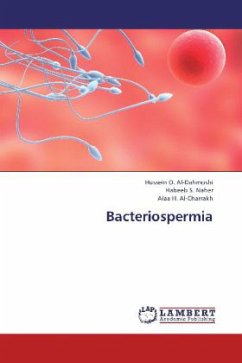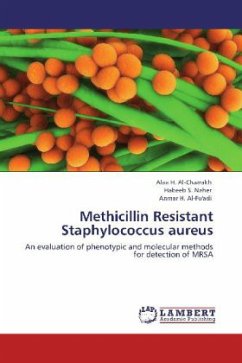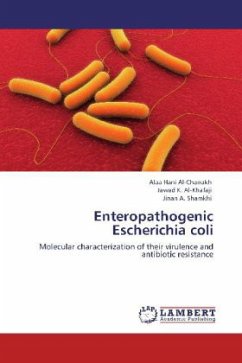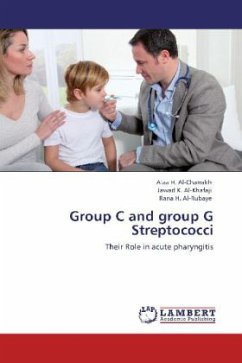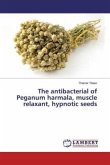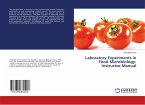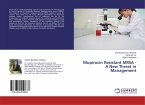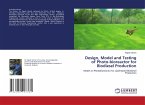Microbiological investigation of male partners in infertile couple can be useful to detect the male urogenital tract infection, especially asympto-matic infections. The isolation of microorganisms from seminal fluid especially of infertile men had been widely reported.It is always recommended that microbiological study of semen can be performed in asymptomatic infertile men with leukocytospermia. Aerobic and anaerobic culture of semen can detect a wide range of urogenital pathogens. Little or no attention has been paid to the role of bacterial infection of seminal fluid in asthenospermia and male infertility in Iraq. This work is designated to provide recent data about relationship between bacteriospermia and leukocytospermia in infertile male with asthenospermia, determination of the commonest uropathogenic bacterial species, and finally studying the virulence factors and antimicrobial susceptibility patterns of bacteria associated with asthenospermic patients.

